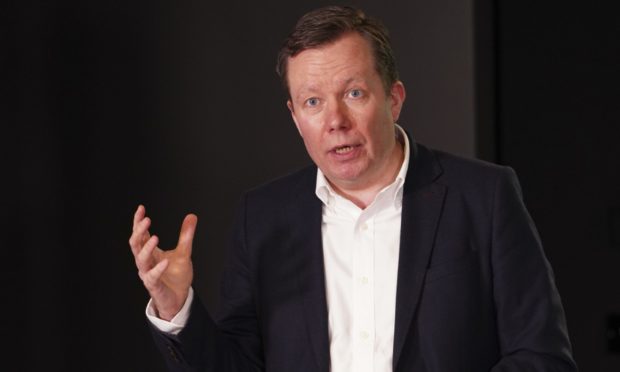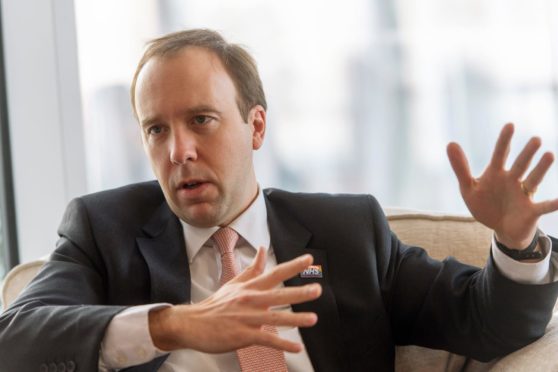Jason Leitch has warned Scots to “think very carefully” before booking a foreign holiday, as coronavirus travel restrictions begin to ease.
Professor Leitch said people needed to remain “cautious” as international travel is again permitted from May 24.
His comments came as concern mounted over the spread of the so called Indian variant of the virus across the UK.
Health Secretary Matt Hancock said on Sunday that the highly transmissible variant could “spread like wildfire among the unvaccinated groups” as he urged people to come forward for jabs when eligible.
Mr Hancock told the BBC’s Andrew Marr Show: “I think it’s quite likely this will become the dominant variant. We don’t know exactly how much more transmissible it is but I think it is likely it will become the dominant variant here.
“What that reinforces is the importance of people coming forward for testing and being careful because this isn’t over yet.
Professor Leitch, also speaking to the BBC, said: “This variant does make us cautious about travel again.
“We are suggesting think very, very carefully before booking foreign travel.”
His comments came as the Scientific Advisory Group for Emergencies (Sage) concluded there is a “realistic possibility” the Indian strain is 50% more transmissible than the one that emerged in Kent.
If the higher transmissibility is confirmed, the experts said easing restrictions could “lead to a substantial resurgence of hospitalisations” that is “similar to, or larger than, previous peaks”.
Sage’s Professor Susan Michie said the Government should suspend the unlocking.
“If we are following data not dates, it is surprising that the road map is going ahead without adjustment,” the University College London academic said.
“Opening indoor hospitality venues has the potential to increase Covid-19 transmission.”
. . . … . ,. . . . . . .
— Brian Main (@BrianMa54894485) May 13, 2021
And Professor Kit Yates, a member of the Independent Sage committee of experts, suggested a delay of a fortnight would buy the nation valuable time to progress with the vaccine programme.
“The more people we can vaccinate, the safer we become,” he said.
“Even a couple of weeks at this point could make a huge difference in the face of this seemingly more transmissible variant.
“A pause would also buy us time to understand more about the properties of the variant, which would put us in a better position to plan what comes next.”
More than three million people in Scotland have so far received a first dose of the Covid Vaccine.
The Scottish vaccine rollout has now reached two-thirds of the eligible population and is currently moving through those aged 40 to 49 years old.

